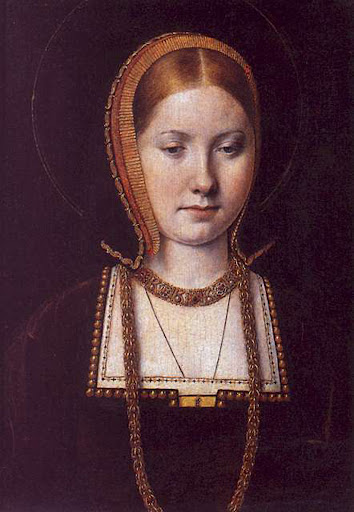Today is the feast of St Philip Neri, the apostle of Rome and apostle of joy. Founder of the Congregation of the Oratory, he was filled with an evangelical spirit which led him to assist the Church in the process of reform in the 16th century. He recognised that true reform began in the individual soul, and so his life was dedicated to the renewal of men and women, bringing them back to Christ and enkindling a spirit of devotion, intellectual pursuits and Christian cultural activities.
He reminded the people of his time of the importance of the sacraments, especially confession which had fallen into disuse following the Renaissance and the divinisation of man. His celebration of the Mass was, literally, mystical, reminding those who participated in it, that it is no mere service, but the sacred sacrifice of Christ.
We need St Philip back again, especially in Ireland, so my prayer today is that God may raise up for us in Ireland another Philip Neri to help us in the process of renewal. Please join me in that prayer today.
As today is one of my favourite feasts in the whole year, I intend to celebrate big time, so as you join me in prayer, join me in the feast. No fasting today, but raise a toast to the great apostle of joy, Good St Philip!
Buona festa a tutti!!
The Incorrupt Body of St Philip
Litany of St Philip Neri
(Composed by Blessed John Henry Newman)
Lord, have mercy.
Lord, have mercy.
Christ, have mercy.
Christ, have mercy.
Lord, have mercy.
Lord, have mercy.
Christ, hear us.
Christ, graciously hear us.
God the Father of heaven,
Have mercy on us.
God the Son, Redeemer of the world,
Have mercy on us.
God the Holy Ghost,
Have mercy on us.
Holy Trinity, one God,
Have mercy on us.
Holy Mary, pray for us
Holy Mother of God,
Holy Virgin of Virgins,
St. Philip,
Vessel of the Holy Ghost,
Child of Mary,
Apostle of Rome,
Counsellor of Popes,
Voice of Prophecy,
Man of primitive times,
Winning Saint,
Hidden hero,
Sweetest of Fathers,
Flower of purity,
Martyr of charity,
Heart of fire,
Discerner of spirits,
Choicest of priests,
Mirror of the divine life,
Pattern of humility,
Example of simplicity,
Light of holy joy,
Image of childhood,
Picture of old age,
Director of souls,
Gentle guide of youth,
Patron of thy own,
Who didst observe chastity in thy youth,
Who didst seek Rome by divine guidance,
Who didst hide so long in the Catacombs,
Who didst receive the Holy Ghost into thy heart,
Who didst experience such wonderful ecstasies,
Who didst so lovingly serve the little ones,
Who didst wash the feet of pilgrims,
Who didst ardently thirst after martyrdom,
Who didst distribute the daily word of God,
Who didst turn so many hearts to God,
Who didst converse so sweetly with Mary,
Who didst raise the dead,
Who didst set up thy houses in all lands,
Lamb of God, who takest away the sins of the world,
Spare us, O Lord.
Lamb of God, who takest away the sins of the world,
Graciously hear us, O Lord.
Lamb of God, who takest away the sins of the world,
Have mercy on us.
Christ, hear us.
Christ, graciously hear us.
V. Remember thy Congregation.
R. Which thou hast possessed from the beginning.
Let us pray
O God, who hast exalted blessed Philip, Thy Confessor, in the glory of Thy saints, grant that, as we rejoice in his commemoration, so we may profit by the example of his virtues, through Christ our Lord. Amen.




